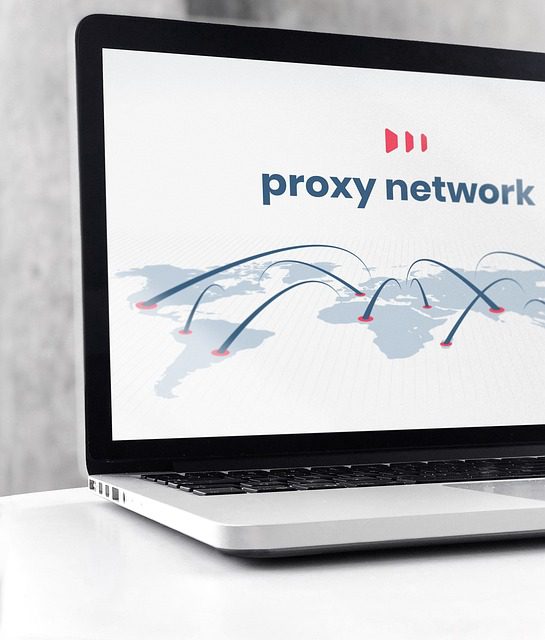
Safeguarding your online privacy and security has never been more critical. Proxies offer an effective solution for protecting your online activities and maintaining anonymity. This guide will explain what proxies are, the different types available, and the benefits they provide. Understanding these aspects will help you find best scraping proxies suited for your needs.
The Role of Proxies
Proxies act as a bridge between your device and the internet. When you connect to a website via a proxy server, it masks your IP address by making requests on your behalf. This process obscures your online footprint, making it more challenging for anyone to trace your activities. Proxies are versatile tools used for enhancing security, accessing restricted content, and managing multiple digital identities.
Varieties of Proxies
Choosing the appropriate proxy depends on your specific needs. Here’s an overview of the primary types:
- HTTP Proxies Specifically tailored for web traffic, HTTP proxies handle HTTP and HTTPS requests. They are ideal for browsing and web scraping, helping you bypass web restrictions and maintain privacy.
- SOCKS Proxies Known for their versatility, SOCKS proxies manage various types of internet traffic. They offer higher anonymity levels but might operate slower than HTTP proxies due to their broad functionality.
- Residential Proxies These proxies use IP addresses assigned by ISPs, simulating regular user traffic. This makes them less likely to be blocked by websites and ideal for high-anonymity tasks like market research and competitive analysis.
Advantages of Proxies
Proxies come with several benefits that can significantly enhance your online experience:
- Increased Security By hiding your IP address, proxies add a crucial layer of security, making it harder for hackers and malicious entities to monitor or attack you.
- Access to Restricted Content Many services restrict content based on your geographic location. Proxies can circumvent these limitations by masking your IP address with one from another location, allowing access to a wider range of content.
- Boosted Performance Some proxies cache frequently visited websites, speeding up your browsing experience by reducing the load on your network and decreasing page load times.
Ideal Uses for Proxies
Proxies are particularly beneficial in several situations:
- Preserving Anonymity If you wish to keep your online activities private, proxies are an excellent tool. They hide your IP address, making it difficult for websites and advertisers to track your behavior.
- Handling Multiple Accounts For social media managers and marketers, proxies are essential for managing multiple accounts without the risk of being blocked. Each account receives a unique IP address, reducing the likelihood of detection.
- Circumventing Network Restrictions In environments with strict internet usage policies, like schools or workplaces, proxies can help you bypass these restrictions and access blocked websites.
Final Thoughts
Proxies are powerful tools that offer enhanced security, privacy, and access to restricted content. Understanding the different types of proxies and their applications will enable you to make an informed decision about which one best meets your needs. Explore the world of proxies and take control of your online privacy and security today.